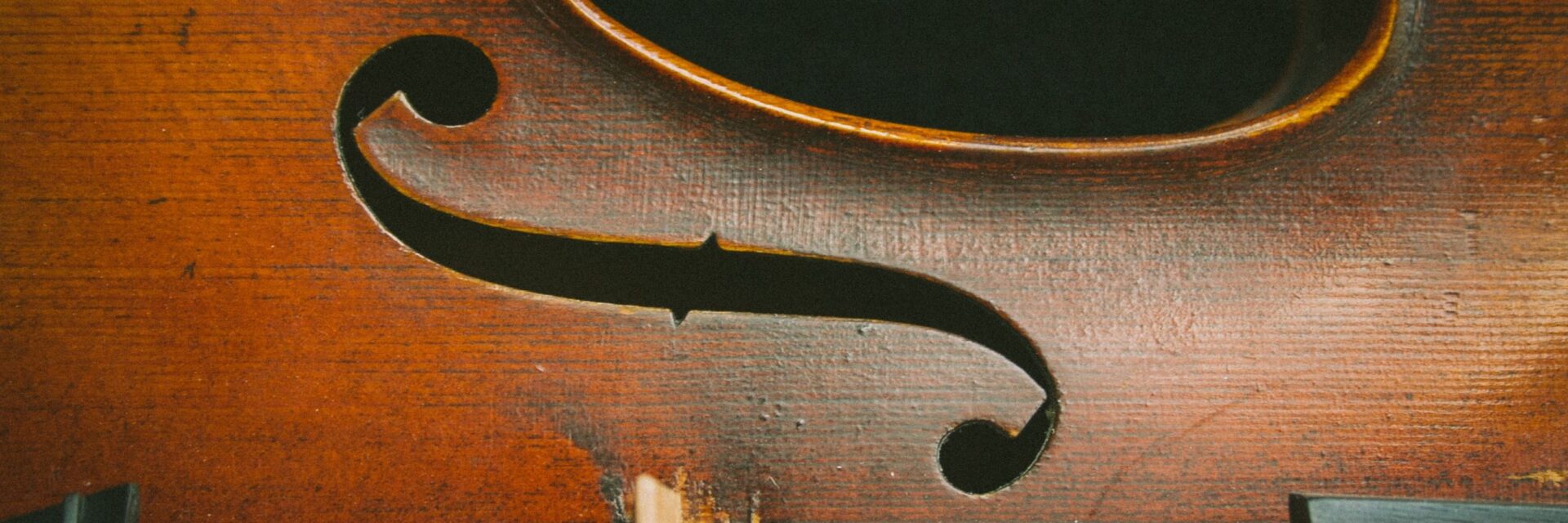- What We Do
- Understanding your audience
- Engaging new audiences
- Designing experiences
- Building loyalty
 Case studies
Case studiesConducting a thorough study of London’s market for live classical music
‘It was fantastic to work with MHM on this research project, and the findings have given us a huge amount of insight into our audiences, and plenty to think about in shaping our future strategies.’
Fiona Dinsdale, Head of Marketing at LSO
Noticing changes in their audience post-pandemic, together with an ambition to engage more diverse audiences, the London Symphony Orchestra asked us to research their market and generate insights to reach an audience more reflective of London.
Understanding emerging audiences post-pandemic
The London Symphony Orchestra (LSO) had identified several significant differences in the makeup and behaviour of their audiences after re-opening post-pandemic. First-time attendees and attendees returning after a long absence were making up a large proportion of the audience, while regular visitors were slower to return.
While attracting a larger proportion of first timers is positive, LSO knew very little about these groups and needed an insight into their motivations and needs.
LSO were also interested in understanding how they might begin to welcome in an audience more representative of the London population; a younger and more ethnically diverse group who might not necessarily have extensive prior experience attending live classical music.
MHM explored LSO’s current, lapsed and potential audiences through a market study of London, the Southeast of England, and the East of England. We also carried out focus groups with previous and potential visitors.
‘Usual suspects’ hesitant to return to culture
Our research found that LSO’s hunch about the change in their audiences post-pandemic was correct. Those who had attended an LSO concert in the past twelve months tended to be younger and more ethnically diverse. This group were eager to get back on the cultural horse post-pandemic and were more likely than average to be attending more cultural events than they had pre-Covid.
Lapsed LSO attenders by contrast were older and less ethnically diverse. This group were more likely to be hesitant to return to culture, attending less frequently and becoming more selective in their choice of concert as a result.
Clearly, even over two years on from the beginning of the pandemic, Covid-19 was still a concern for many, and particularly for older attendees. Classical music venues had to continue to demonstrate that they still took audiences’ safety seriously and were taking measures to ensure all attendees are safe onsite.
A need to create a ‘way in’ for first timers
Those who had little or no experience of live classical music held perceptions of a grand, expensive black-tie experience. Additionally, many assumed there is a level of expertise required in order to enjoy a performance and worried that not knowing the etiquette expected of them might lead to embarrassment.
Although the LSO was seen as perfectly welcoming and open for those who visit often, newcomers could feel intimidated by classical music experiences. In short, there were many groups for whom classical music did not feel accessible.
There was a need to dispel the misconceptions many first-timers had and reassure them that you don’t need to be a classical music expert to attend a concert. Let first-time visitors know that they are truly welcome by:
- Making sure they know they can wear whatever clothing they feel most comfortable in;
- Clearly explaining any etiquette expected of them in accessible language;
- Point them towards online resources, or pre-show talks which will explain more about the background and context of the performance;
- Package concerts based on repertoire familiarity, taking audience’s willingness to take risks into account. Audiences are willing to go on a gradual journey of discovery, but don’t throw them into the deep end.
‘It was really positive to see that the new audiences we’d observing joining us since the pandemic could be identified in the data, and we’ve been able to use the insights into potential audiences to fine-tune our campaigns and messaging. It’s been particularly interesting to see that there are perceptions around classical concerts that have been persistent for many years, across many different audience groups, and it’s an important reminder to us that we still need to reassure our audiences about the basics, like ticket prices, the welcome they’ll receive, and that they don’t need any prior experience to be able to enjoy the concert.’
Fiona Dinsdale, Head of Marketing at LSO
- Engaging new audiences
- Understanding your audience
